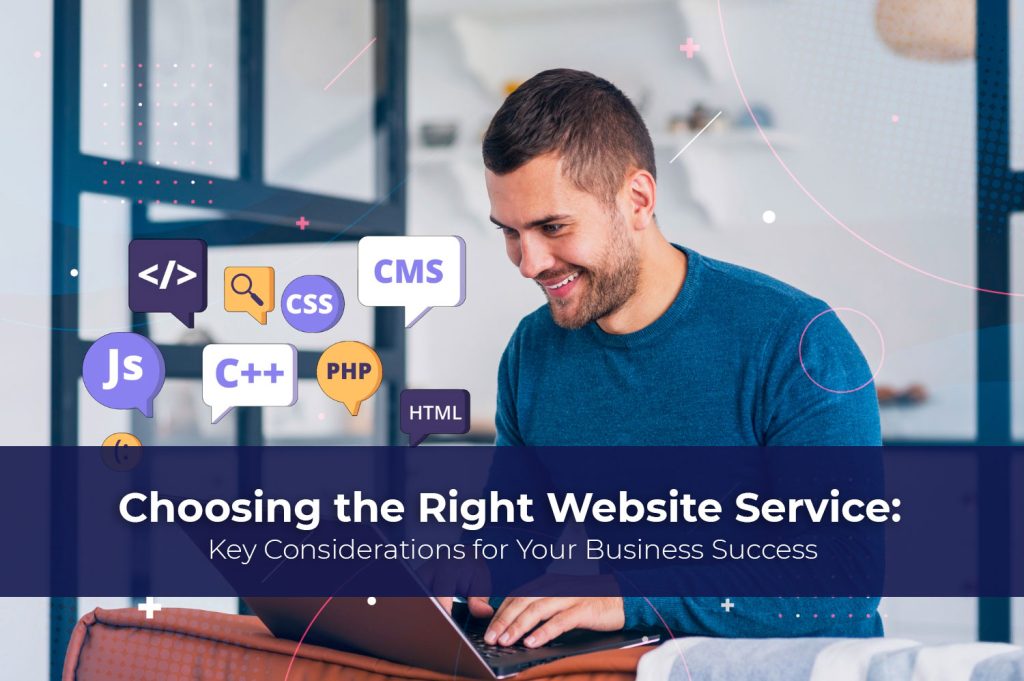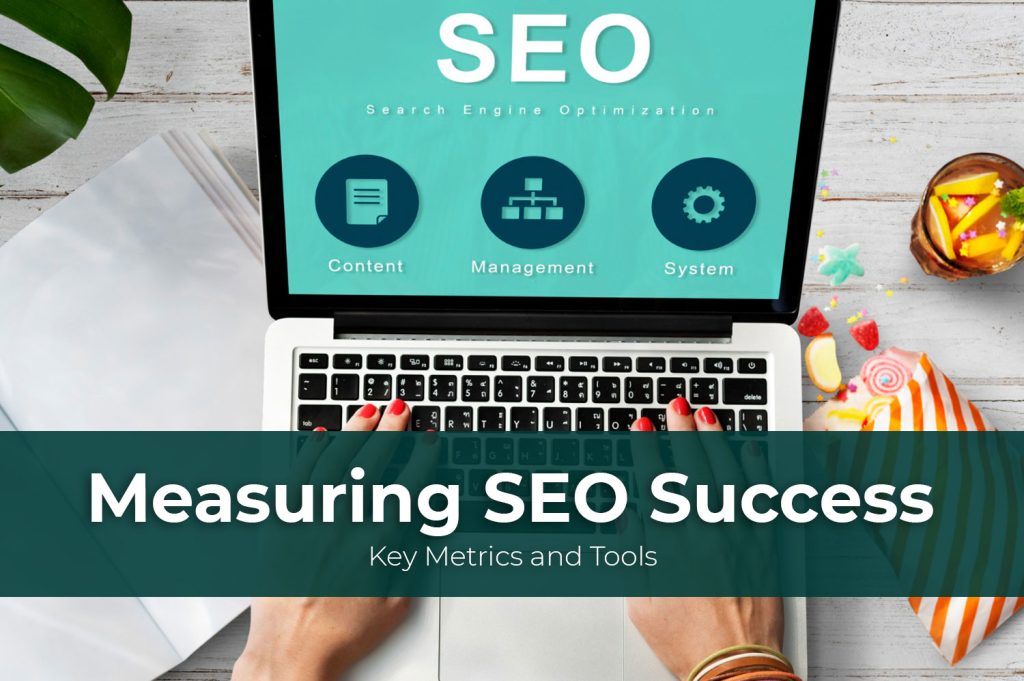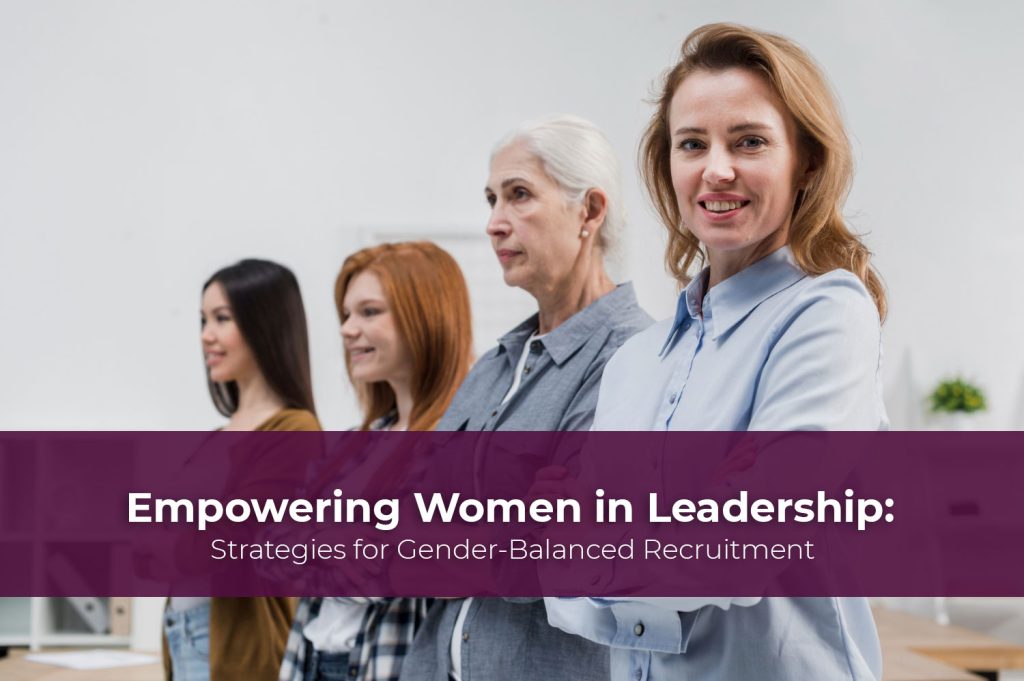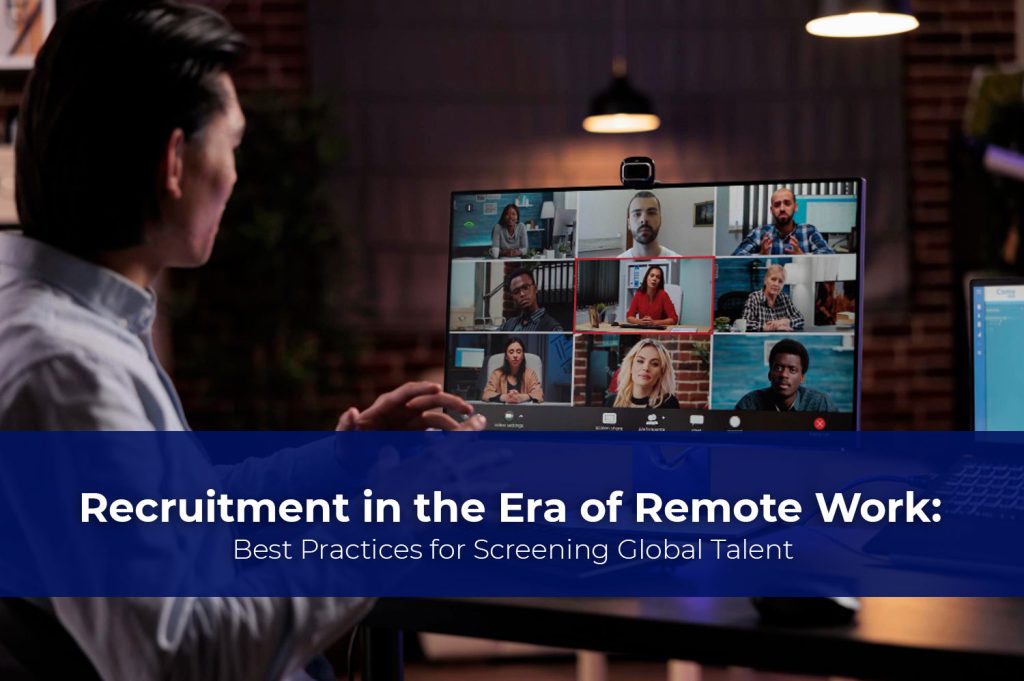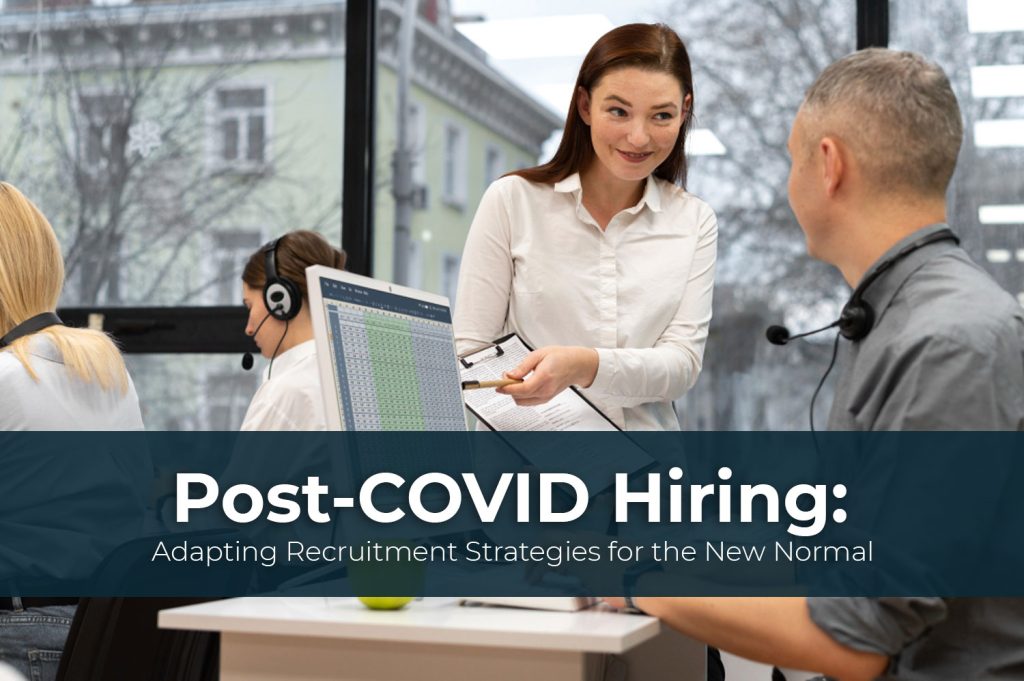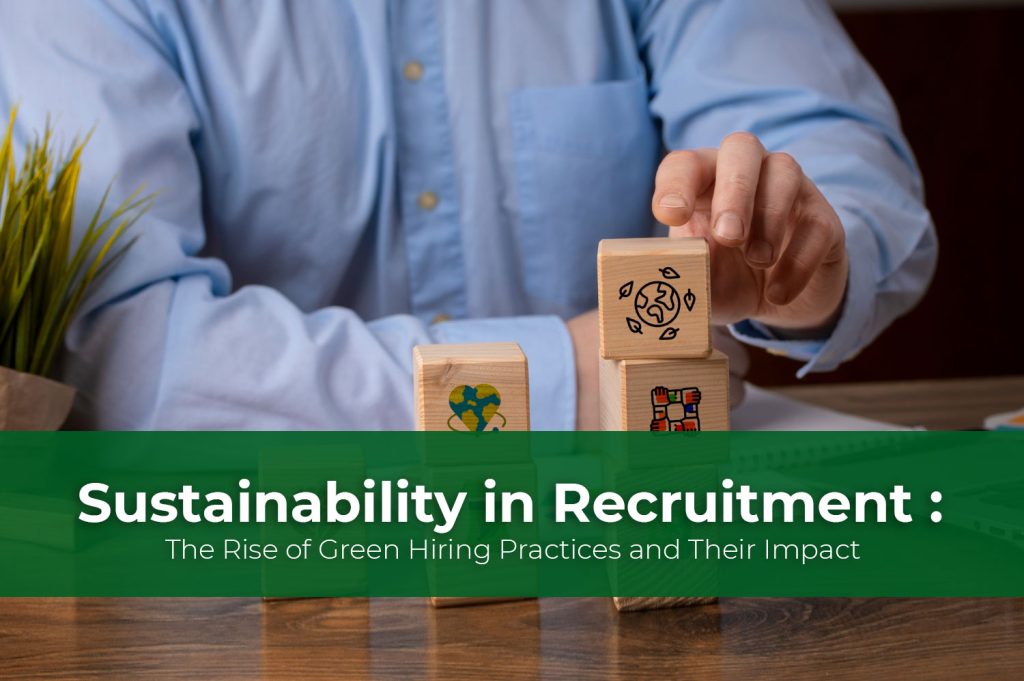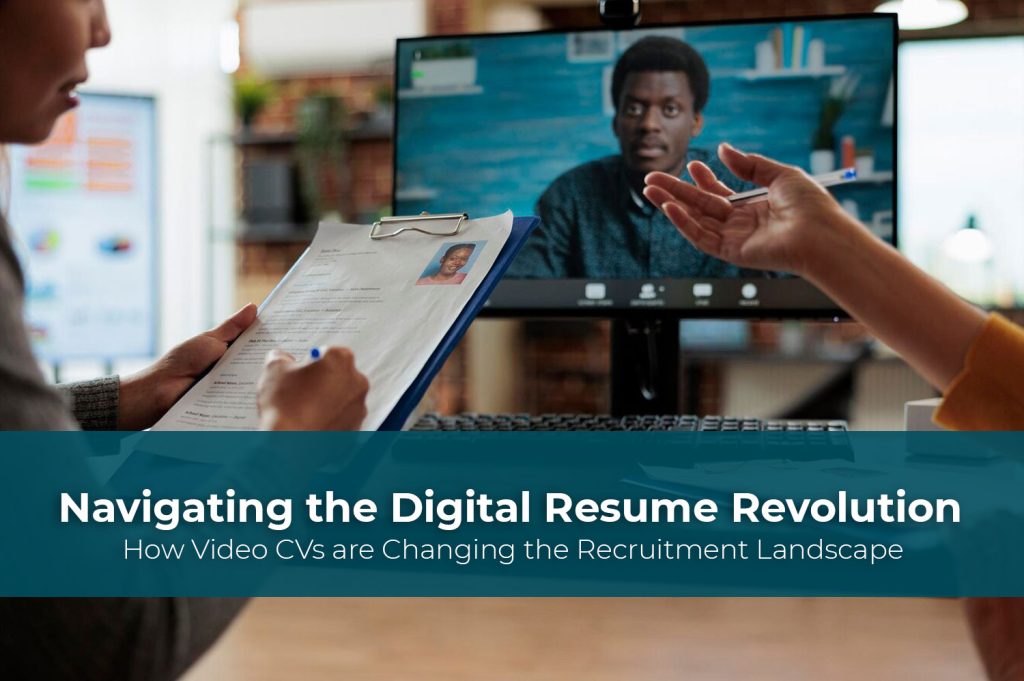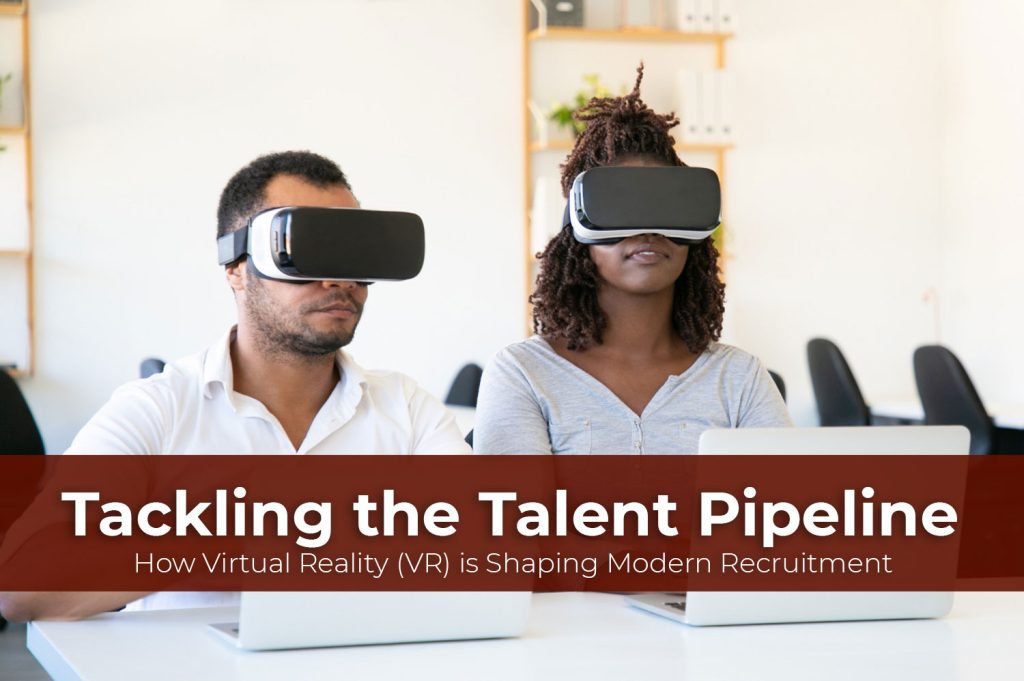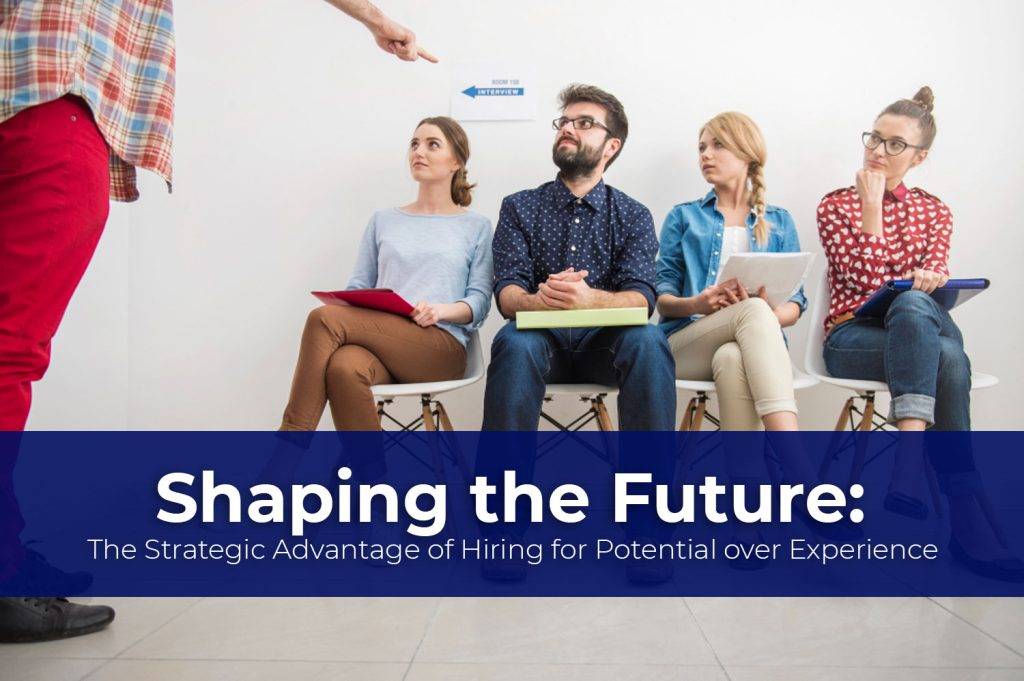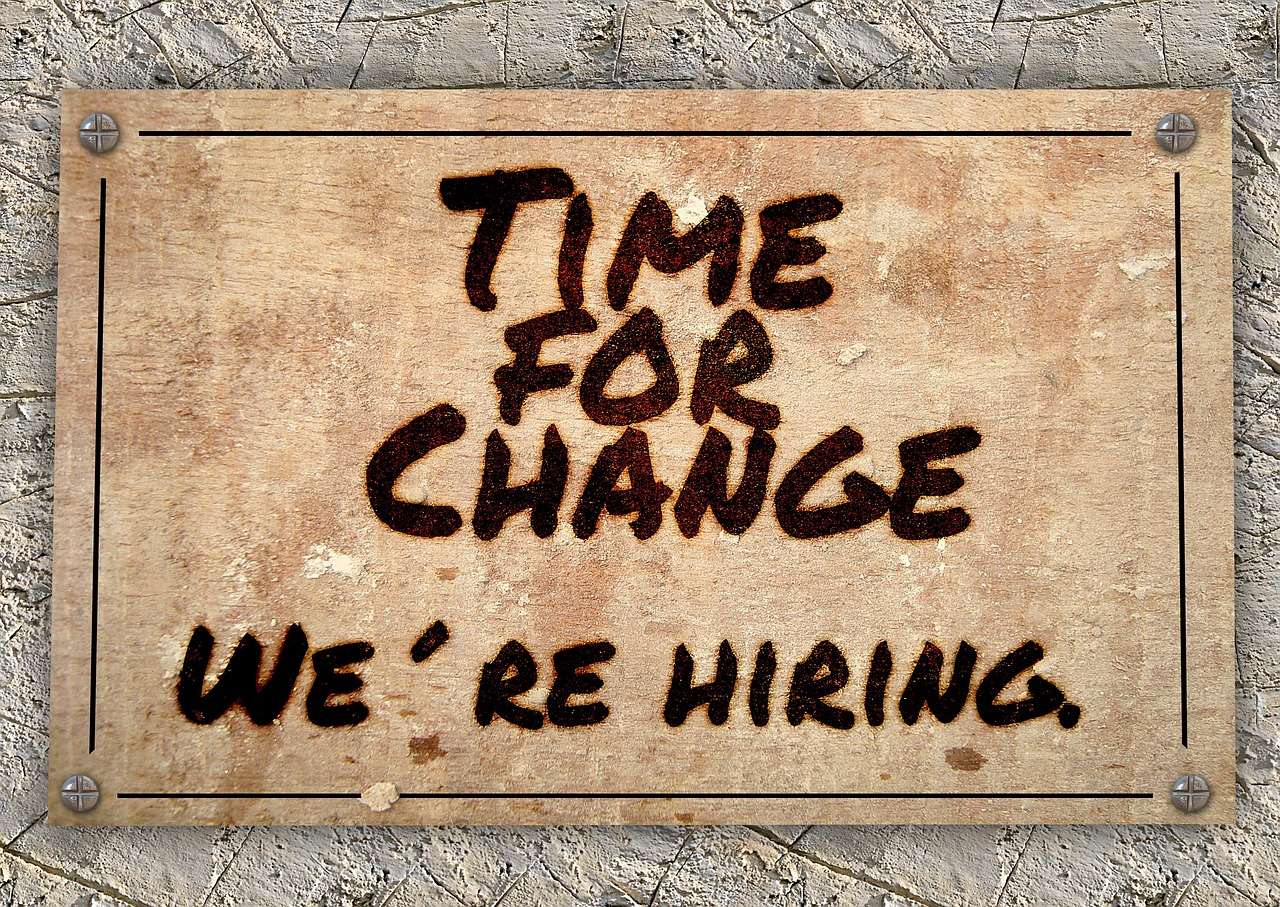10 Questions You Should be Asking Your Potential Hires

Hiring is a continual process in any organization. This is because different types of requirements could arise, due to the creation of new vacancies or employee attrition. The reasons could vary.
The interview process may not be very transparent in understanding the candidate and evaluating his or her capabilities for the role. So, certain questions can be instrumental in identifying the right talent and gauging the candidate’s interest or career plans.
We have put forth a list of questions that could help interviewers elicit the best possible answers from candidates.
"Their ability to get along well with teams and grasp new skills can be taken into account for considering them as a good fit"
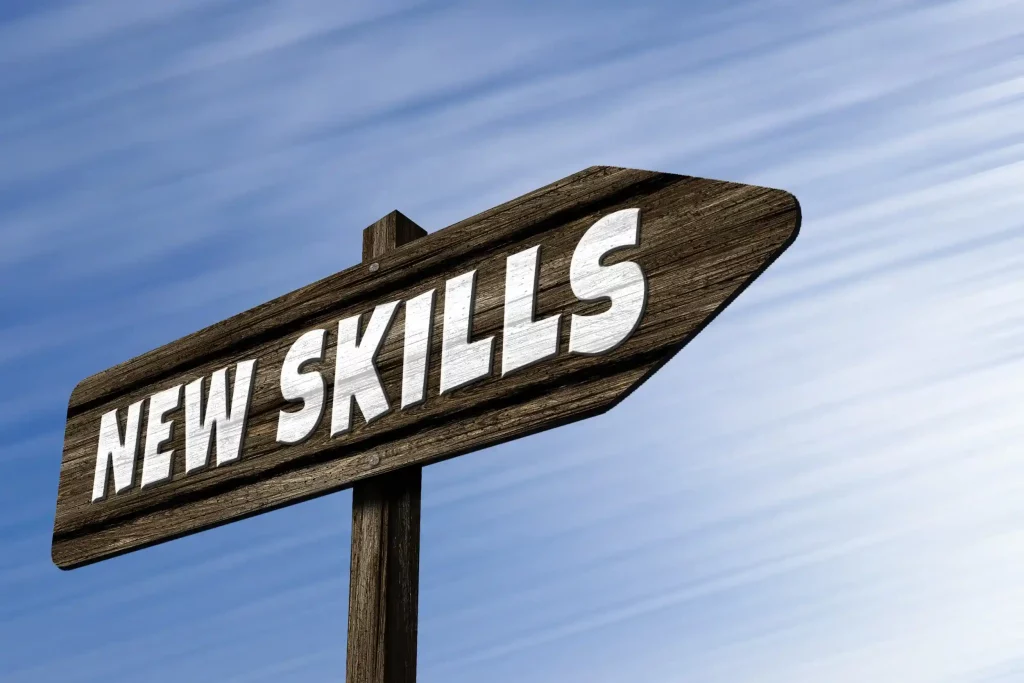
Q1 -
What makes you a good fit for this role?
The candidate is expected to have an intricate knowledge of the role, responsibilities and the industry as a whole. In addition to this, creative, analytical and problem solving skills can add feathers to the crown. There are certain skills that are requisite to be a part of the industry, and it can be made out whether the candidate has paid proper attention to detail during the interaction.
Their ability to get along well with teams and grasp new skills can be taken into account for considering them as a good fit
Q2 -
What was a risky decision that you have had to make in your previous roles?
This question helps realize the depth of knowledge and kind of responsibilities handled by candidates. It could revolve around a product or service offered by the business. There could be constraints of time, budget or resources for the employee to execute a task or carry out an activity. The decisions taken by the candidate in a situation that is not ideal or optimal can help you to understand the inherent capabilities and lessons learned by him or her through the challenging phase or situation.
Q3 -
What motivates you when it comes to work?
Motivation is the key to success. In a practical world, which is fraught with numerous problems and challenges, it could be an arduous task for people to hope for a change or something better. But, those who believe that there is light at the end of the tunnel are certainly bound to succeed.
People especially in the professional world are inspired by several things. Getting to know that very source of motivation can be useful in knowing, whether the candidate is the right fit for the company or not.
Q4-
What were some of the challenges that you have had to overcome in your career?
There is always something hindering your progress, if you are on the path of achieving something good. As discussed in the earlier paragraphs, there are many challenges in the career path of a candidate or employee. To exemplify, communicating effectively could be a possible roadblock to success for a particular candidate, whereas adapting to the latest technologies and staying abreast with the most recent trends may not be the forte of another. So, by asking this question you are advertently, trying to learn more about the personality of the candidate, and understand how much he or she could go to realize his or her ambitions. The same could possibly be reflected in the work aspect or the way they carry out themselves in the organization.

"communicating effectively could be a possible roadblock to success for a particular candidate, whereas adapting to the latest technologies and staying abreast with the most recent trends may not be the forte of another"
Q5-
Tell me about a workplace conflict that you had to deal with in the past.
Workplaces are common arenas for conflict as people with completely different personalities, ideologies and capabilities come together for a common purpose. People could be at loggerheads with each other for many reasons. As this impacts the performance and overall outcome of the team, it is important to be aware of the conflicts the candidate had to deal with in the past, and the way a feasible solution was agreed or arrived upon. This could provide interviewers an understanding of how similar conflicts could be handled by the candidate in the present environment.
Q6-
What about our company did you find exciting, that motivated you to apply for this position?
This is another pivotal question that could help the company, and also the candidate transition to the desired role in the organization. Needless to say, the company could itself be a source of delight or motivation for candidates. The company could aim for long term plans, in case they find the right attitude in the candidate. It could give the interviewer an understanding of the aspirations that a candidate has, if he or she gets hired. If it is seen that the candidate only has a short term goal, an appropriate decision can be taken for the benefit of the organization.
To summarize, interviews are not only about questions and answers, but something beyond that. Interviewers are able to take the most suitable decisions after learning more about the candidate’s personality, and his or her ability to think and act in critical situations.
Q7-
Why are you looking for a new opportunity?
It is always good to know, why the candidate is looking for a job change. It helps understand whether the intended transition is due to challenges in the previous workplace, relationship with their bosses, salary, the industry itself, long working hours, or something else. It gives the interviewer a chance to know the actual goals of the candidate in detail. Apart from all these, you get to know if the candidate has parted from his previous company on good terms or not.
Q8-
Are you comfortable working from office?
The pandemic induced lockdown had required people to take up work at their homes. Despite the pandemic having come to an end, there is an enormous preference for work from home (WFH) or a hybrid model of working, due to the flexibility they offer. If the role is office based, or the company requires the candidate to be physically available in the office during the working hours, the same can be communicated to the candidate. The willingness of candidates to work from the office has also become an important criterion for selection.
"Despite the pandemic having come to an end, there is an enormous preference for work from home (WFH) or a hybrid model of working, due to the flexibility they offer."

Q9-
How long does it take to reach office?
It is prudent to know how the candidate would reach or commute to office. This helps in maintaining punctuality and avoiding tardiness, which could have a negative impact on the work or targets. In case, a candidate found suitable for the job finds it hard to reach office at the specified time, then an alternative arrangement can be thought or worked out.
Q10 -
What do you admire about yourself?
Interviewers can make out how well the candidate would fit into the company’s culture by asking this question. They would be in a position to get a subtle idea about the candidate’s capabilities in different dimensions, such as team work or problem solving. All these help take a more informed decision.
“Bumsa Talent Solutions is a Canadian-owned provider of cost-effective global talent solutions enabling top recruiting teams to win the fierce race for top talent”







